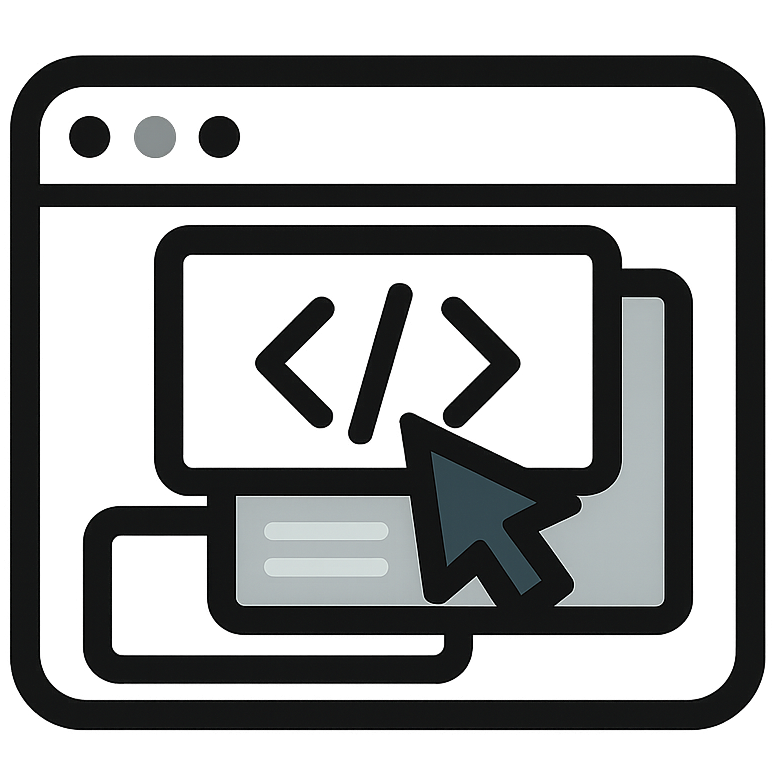Hooks
All react hooks begin with use.
When using react hook useState;
For Example: const [count, setCount] = useState(0);
count = 0 is the current state value, and setCount would be the function used to update the state
For Example setCount(count + 1); Increments count by 1. Every increment updates the state and causes a re-render of the component.
The setState can also take in a function
For Example: setCount(newCount => newCount + 1);
Where newCount represents the current state and the arrow function indicates how it will be updated;
Any React component written as a function is called a function component. React hooks like useState can only be used inside function components.
For Example;
import { useState } from "react";
function Counter() {
const [count, setCount] = useState(0);
return (
<div>
<p>Count: {count}</p>
<button onClick={() => setCount(prev => prev + 1)}>Increment</button>
</div>
);
}useEffect happens outside of the life cycle component. Most common api get/put, local storage get/put.
Custom hooks are other hooks packaged together.
For example useFetch
import { useState, useEffect } from "react";
function useFetch(url) {
const [data, setData] = useState(null);
const [loading, setLoading] = useState(true);
const [error, setError] = useState(null);
useEffect(() => {
let isMounted = true; // Prevents state updates if the component unmounts
const fetchData = async () => {
try {
setLoading(true);
const response = await fetch(url);
if (!response.ok) throw new Error("Failed to fetch data");
const result = await response.json();
if (isMounted) {
setData(result);
setLoading(false);
}
} catch (err) {
if (isMounted) {
setError(err.message);
setLoading(false);
}
}
};
fetchData();
return () => {
isMounted = false; // Cleanup function to avoid updating state on unmounted components
};
}, [url]); // Runs whenever the `url` changes
return { data, loading, error };
}
Conditionals
Ternary Operator
function Greeting({ isLoggedIn }) {
return <h1>{isLoggedIn ? "Welcome back!" : "Please sign in."}</h1>;
}Logical AND (&&) for Shorter Conditions
function Notification({ hasNotifications }) {
return (
<div>
<h1>Dashboard</h1>
{hasNotifications && <p>You have new notifications!</p>}
</div>
);
}Using Logical OR (||) for Default Values
function User({ name }) {
return <h1>Welcome, {name || "Guest"}!</h1>;
}
Conditional Class Names (className with Ternary)
function Button({ isPrimary }) {
return <button className={isPrimary ? "btn-primary" : "btn-secondary"}>Click Me</button>;
}Conditional Prop Spreading
function ProfilePicture({ src }) {
return <img {...(src && { src })} alt="Profile" />;
}Only spreads the src prop if it’s truthy, preventing broken images.
